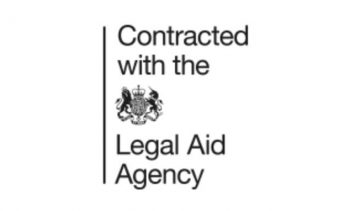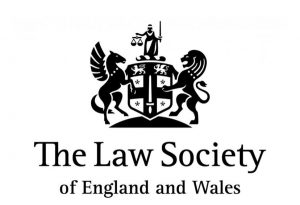In childcare proceeding cases, local authorities may present an interim threshold document that outlines their concerns regarding a child’s well-being and the alleged actions or inactions of the parents that may have put the child at risk.
Responding to the interim threshold is a critical step for parents who may wish to challenge the allegations and present their side of the story.
Recently the law firm of Adel Jibs & Co Solicitors, acted for a mother who found herself in such a situation where the local authority presented an interim threshold document containing serious allegations about her parenting abilities and the potential harm to her child.
Given the seriousness of the circumstances and the contents of the provisional threshold document, the mother provided a detailed rebuttal to the interim threshold, addressing each accusation.
In her response, the mother acknowledged the seriousness of the allegations but maintained that the interim threshold set by the local authority had not been met. She provided context and explanations for each incident mentioned in the document, shedding light on her mental health struggles, the isolated nature of certain events.
The above, highlights that responding to an interim threshold cannot be overstated. It allows parents to provide their perspective, challenge unsubstantiated claims by made by the local authority, and demonstrate their commitment to their child’s well-being.
By presenting a clear, well-structured, and evidence-based argument, parents can ensure that the court has a balanced understanding of the situation before making any decisions regarding the child’s future.
Responding to an interim threshold is essential for promoting a fair and just outcome in child welfare proceedings. It enables parents to have their voices heard and their perspectives considered, ensuring that the court has a comprehensive understanding of the situation before making any life-altering decisions.
In conclusion, responding to an interim threshold is a vital step for parents in child care proceedings. It provides an opportunity to challenge allegations, present evidence, and demonstrate a commitment to the child’s best interests.
By thoroughly addressing each point raised in the interim threshold with the assistance of Adel Jibs & Co Solicitors, parents can ensure that their side of the story is heard and that the court has a balanced view of the situation before making any decisions that will have a profound impact on the lives of the child and the family.
If you are facing care proceedings, you can contact us at Adel Jibs and Co Solicitors today. Our experienced team is dedicated to providing comprehensive legal support and guidance throughout the process, ensuring that your rights as a parent are protected and that your voice is heard in court. You can reach out to us via email at info@adeljibssolicitors.co.uk or by calling 02034173859 to schedule a consultation and discuss your case with one of our skilled solicitors.


